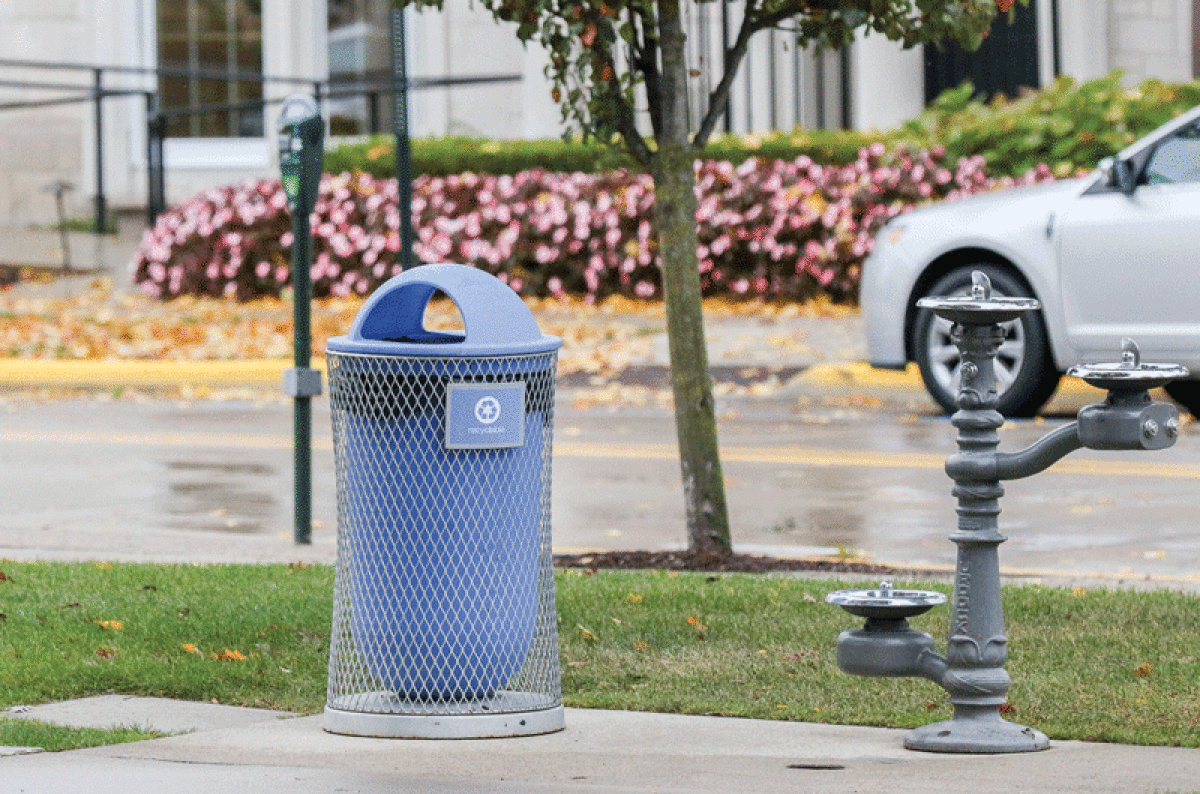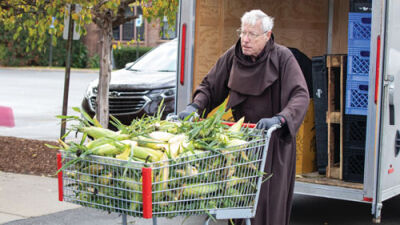BIRMINGHAM — City Planning Director Nicholas Dupuis said that planning for sustainability is a responsibility.
At a workshop meeting Oct. 4, he said that in general, sustainability refers to energy, buildings, water, waste, green spaces and quality of life.
At the workshop, City Planner Leah Blizinski gave some background on the state’s efforts related to sustainability. She said the most recent plans include MI Healthy Climate, approved in April, and the Electric Vehicle Infrastructure Deployment Plan, in September.
She outlined efforts from a regional perspective, including the 2014 Green Infrastructure Vision for Southeast Michigan, the 2018 Water Resources Plan for Southeast Michigan, and the 2022 Electric Vehicle Kit and Planning Hub. Moving down one more level, Oakland County efforts include the Stormwater Standards Work Group from the Water Resources Commission, and the Rouge Green Corridor initiative.
Surrounding communities such as Royal Oak, Huntington Woods and Ferndale have some sort of advisory board already.
For instance, Huntington Woods has an Environmental Sustainability Committee that studies environmental issues and makes recommendations to the City Commission.
Blizinski highlighted some of the efforts Birmingham has made so far toward sustainability. This includes earning a Silver Award from Michigan Green Communities in May, as well as including a chapter in the Birmingham Plan 2040 that is being drafted and includes goals and objectives about how the city plans to move forward with advancing sustainability practices.
Creating an Environmental Sustainability Board is one of the goals listed in this chapter.
The current vision for the board
The current plan for such a board envisions seven members appointed by the City Commission, with the majority of them being Birmingham residents, and nonvoting members appointed by the city manager.
Staff also envision that voting members should have significant experience in topics such as stormwater management, green infrastructure, water quality and more.
As for board activities, staff said there are some activities that the board could work on as soon as it was formed. Among these many activities are providing a review of all regionally significant plans and documents related to environmental sustainability, and providing recommendations for related ordinance updates.
Commissioner feedback
City Manager Tom Markus noted that it is important to consider if appointments should be made generally or if they should seek specific positions.
He said that he thinks they would be better off putting out a general application while making appointments and letting the commission discern what the best candidate is in terms of background and experience.
Mayor Therese Longe asked Markus if he thinks the charge of the group would be proactive or reactive. He responded by saying he thinks it would be both.
Commissioner Katie Schafer, who brought the topic to the commission’s attention, said she learned about Royal Oak’s plan from a conversation with a patient’s parent and decided to bring it to the City Commission. Throughout the meeting, Royal Oak’s practices were brought up as examples.
When asked by Schafer if the city had a comprehensive plan, Dupuis said he thinks they are in lockstep and that they would like a plan.
Dupuis noted that while they have made efforts towards sustainability, it is typically not the primary goal.
“What I think a sustainability plan could do is add more focus on the front end and outline those goals and make them more quantifiable,” Dupuis said.
Schafer brought up the idea of including young people.
“Is there an opportunity, not to layer this too thick, but is there an opportunity for us to involve young people, who are the future?” Schafer asked.
Dupuis said there are already some opportunities for young people, but this board could open up more.
Commissioner Andrew Haig suggested that the board start with being ad hoc to help narrow down the scope, but Markus disagreed.
“I think you want to convey to your public by making it a permanent board that this is the real deal and this is something we really want you to focus on,” Markus said.
City Attorney Mary Kucharek said the city might consider passing resolutions to define the board and give some time for it to grow.
Longe said that she supports the idea of this board having an umbrella type of scope.
“There’s a lot of best practices that they can have the responsibility for reviewing rather than the commission trying to handle it on an intermittent basis,” Longe said.
No votes or official actions were made at the workshop meeting, but the city was able to provide staff with guidance and advice on moving forward with the idea.
 Publication select ▼
Publication select ▼






















